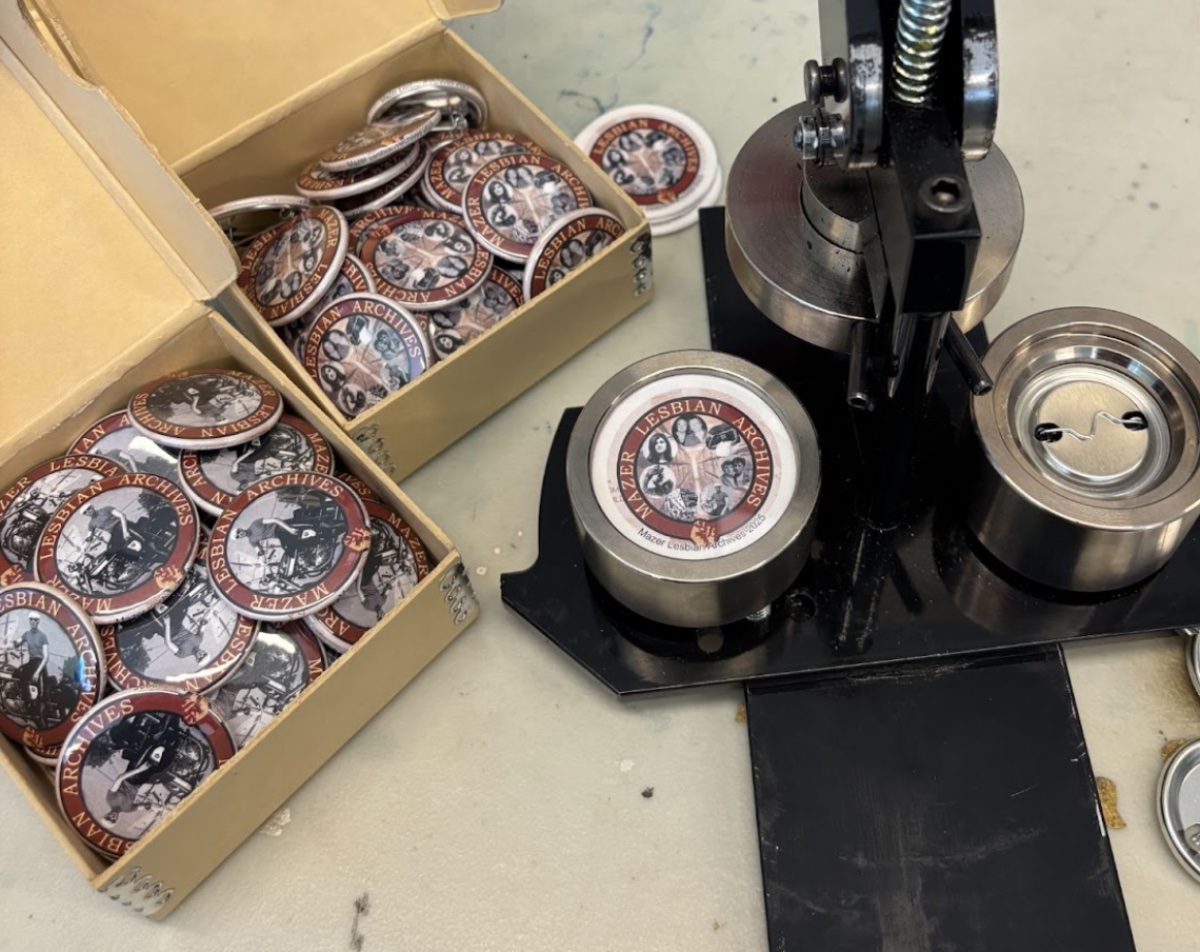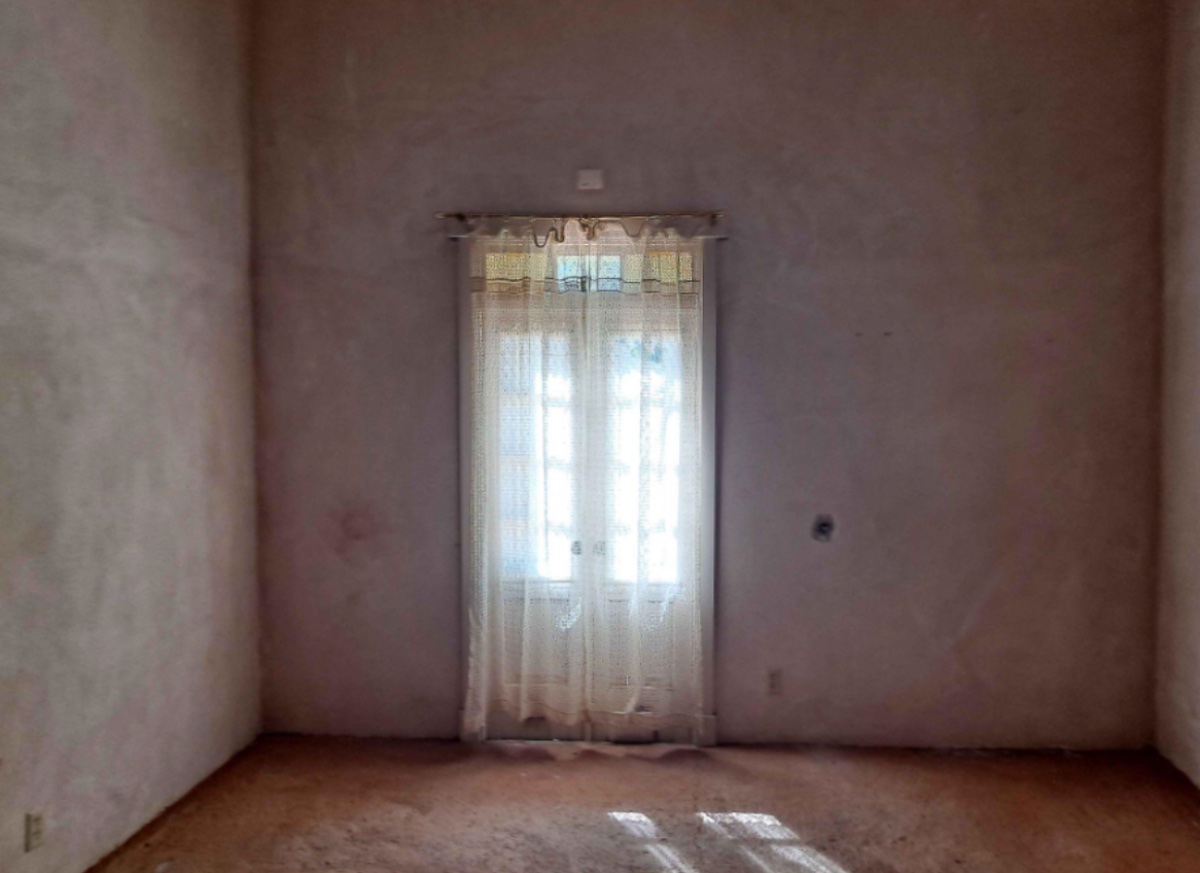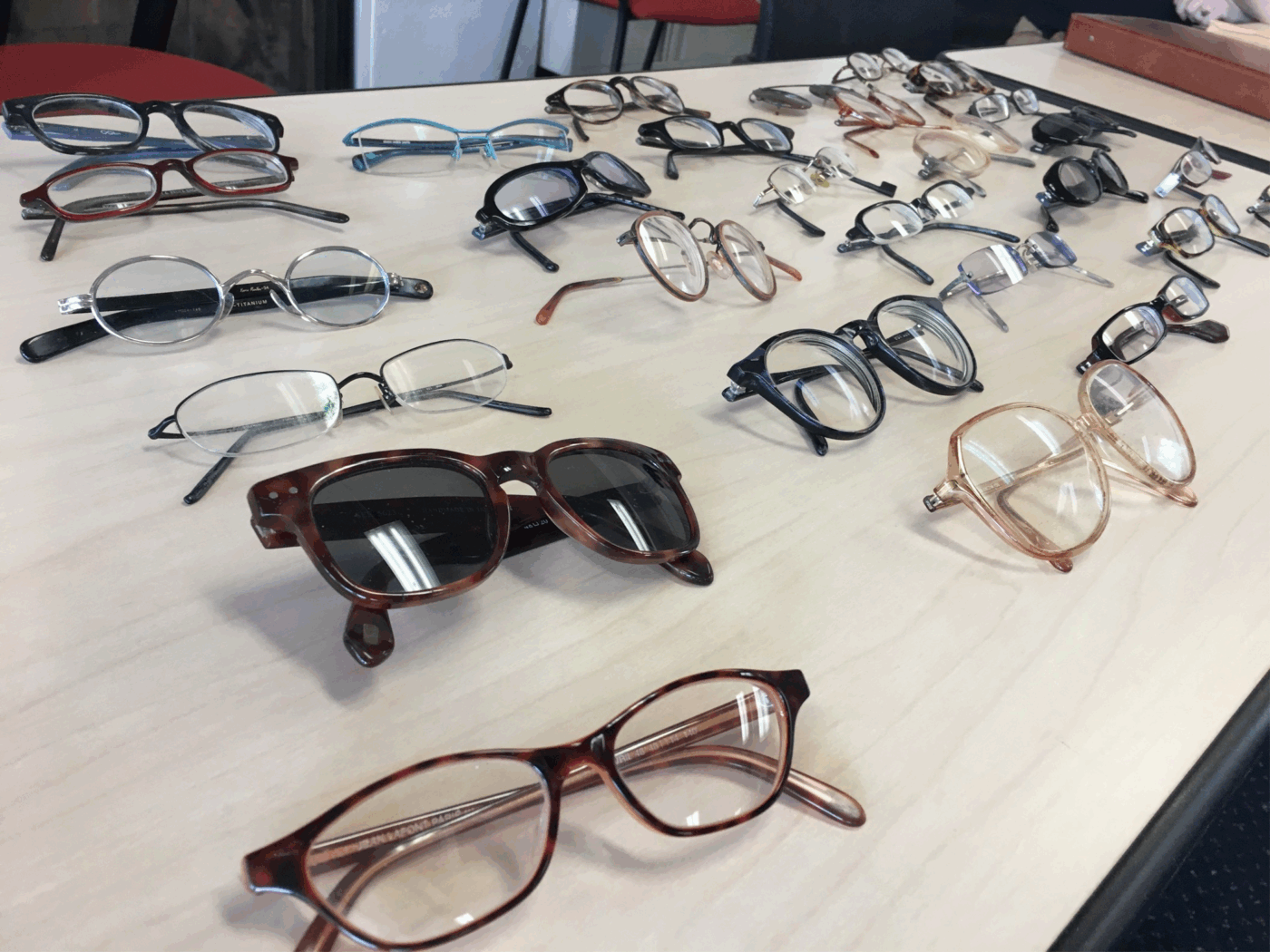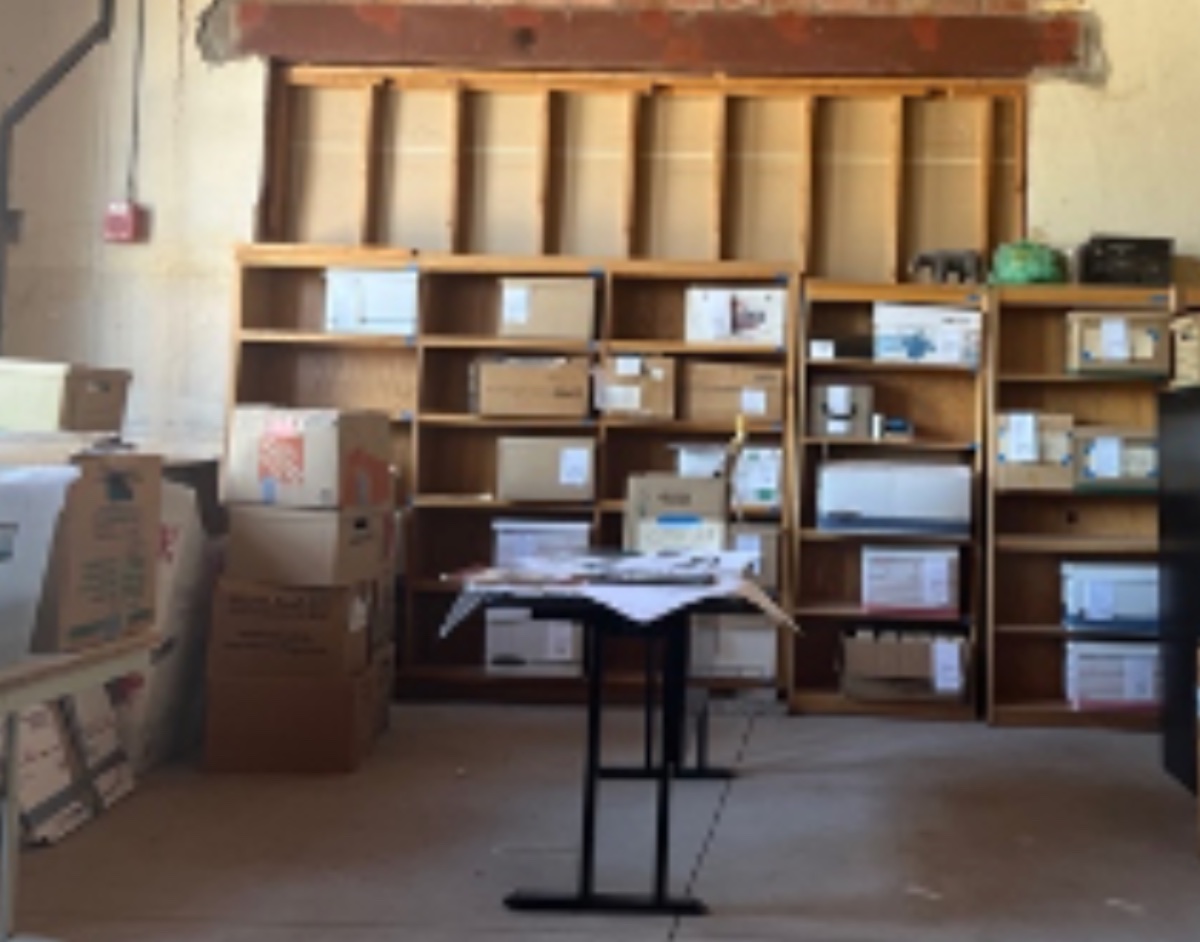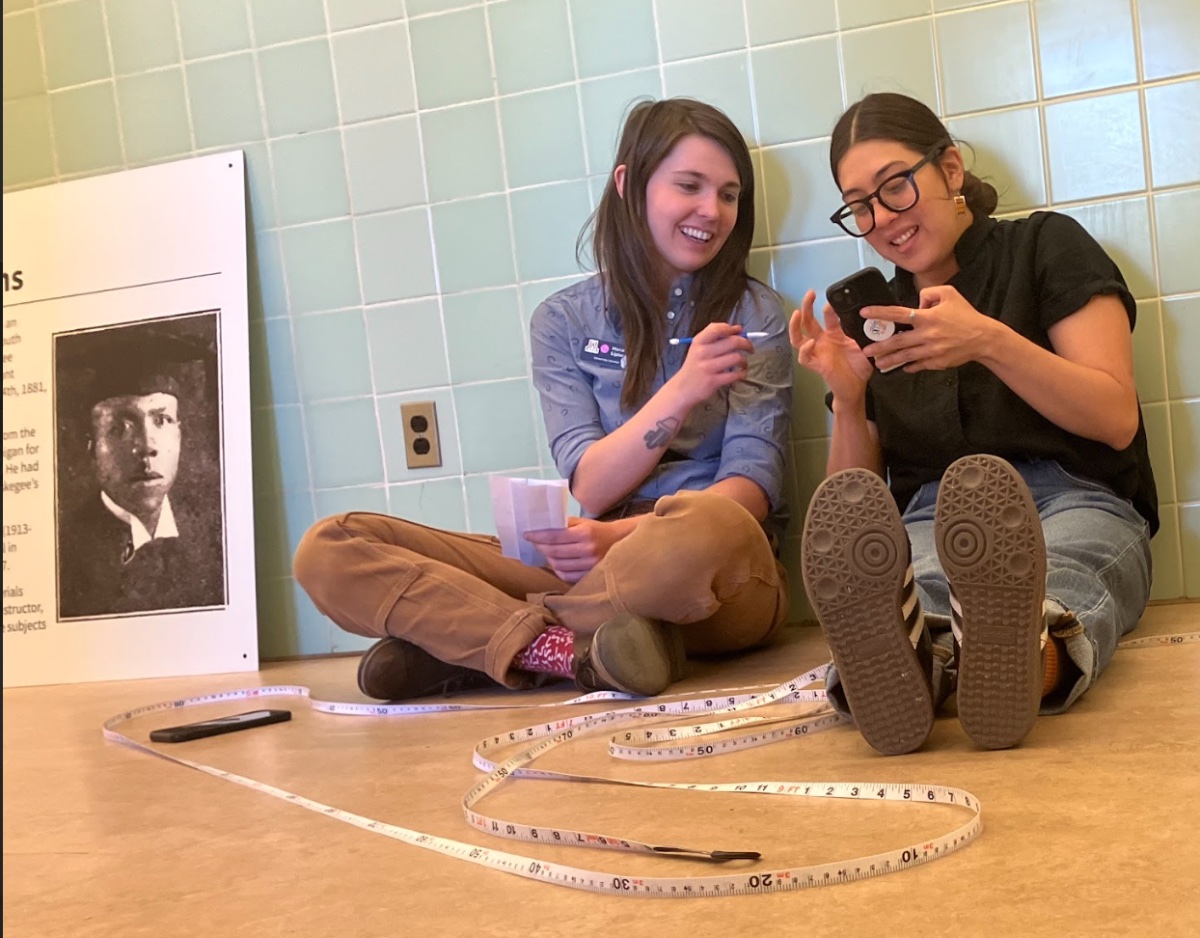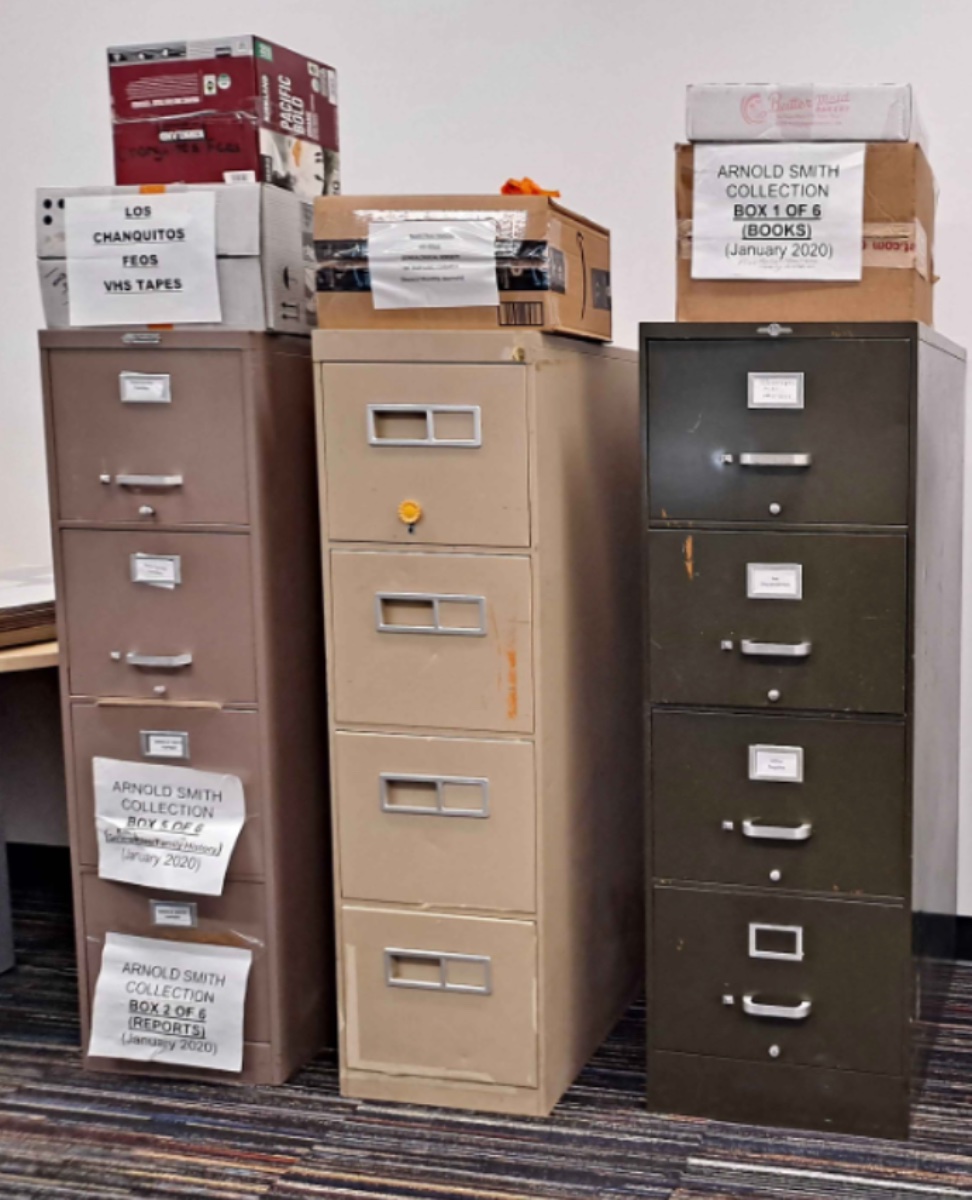Using data collected through semi-structured interviews with disabled archival users, this article foregrounds disabled people’s relationships with time, specifi- cally to pasts and representations thereof in archival material. It illustrates the ways in which disabled people use their knowledge of how disability is understood—in archives and in society—to anticipate their erasure in archival material. First, focus- ing on the past, this data illustrates the prevalence of disability stereotypes, tropes, and limited perspectives within the records that document disabled people. Second, in witnessing such representations (or lack thereof), disabled researchers described how they are affectively impacted in the present moment: witnessing the violence of the past is emotionally difficult for many disabled people researching their histories. Third, using past experiences of archival erasure, interviewees described coming to expect and anticipate future absences—anticipation as an affective mode helped them prepare to encounter forms of erasure, to protect themselves against possible harms, and to hope for something different, all of which reflects their experiences of how disability is understood in society. This data reflect the way anticipation is a central facet of crip time—the multiple ways that disabled people experience time, pace, and temporal moments—to show how disabled people feel through multiple temporal landscapes and approach historical and archival representation.
